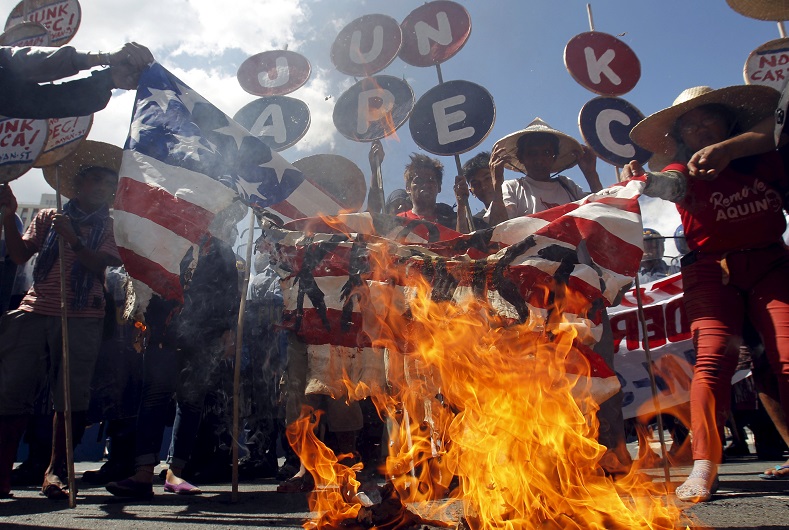APEC membership for India likely focus in Narendra Modi’s talks with Barack Obama: Arvind Panagariya

India | 2 June 2016
APEC membership for India likely focus in Narendra Modi’s talks with Barack Obama: Arvind Panagariya
New York, June 2: India’s membership in the Asia Pacific Economic Cooperation (APEC) forum will likely be an important topic in Prime Minister Narendra Modi’s talks with President Barack Obama next week, according to Arvind Panagariya, the vice chairman of the Niti Aayog.
“One concrete thing I would hope would be on the agenda is India’s entry into APEC,” during the Modi-Obama summit, he told a roundtable at the Asia Society Policy Institute here Wednesday.
Panagariya, who advocated an “outward orientation” as a development strategy for India, emphasised the need to join trade agreements. He said “APEC is a stepping stone” on the way to other trade agreements. APEC by itself is not going to get the country very far and it had to get into other arrangements, he added.
“If India is going to sustain a growth rate of eight to 10 percent over a period of 20 or 25 years, it cannot be done without actually capturing some of the world markets” through trade arrangements, he said. “The strategy of free trade agreements becomes quite important part of the whole strategy (of development) that if you have free market within a large region, India would have the right to sell duty free into that market.”
Founded in 1989 at Australia’s initiative, the 21-member APEC stretches from Australia to Peru and includes the US, Russia, China and Japan representing 2.8 billion people, 57 per cent of the world’s gross domestic product and 47 per cent of global trade. It had a moratorium on new members for a decade which has now been lifted and India is actively lobbying to join it.
Modi was committed to joining the APEC and had sought Japanese Prime Minister Shinzo Abe’s help when he visited India, Panagariya said.
Asked about India joining the Trans-Pacific Partnership, the more restrictive but ambitious trade pact pushed by the Obama administration, Panagariya said candidly: “India is below the standards that are required in the TPP.”
It is too early to think of the TPP, he said. “A lot the things that India would need to do to be a member of the TPP remain to be done on issues of intellectual property, labour, standards, government procurement — these are integral parts of the TPP.”
The TPP agreement was signed by 12 Pacific-rim countries in February and does not include China.
While seeking to join trade agreements, India also needs to act internally on issues like trade facilitation so goods can move in and out of the country fast without bureaucratic delays, he said.
One of the problem areas for India in international trade is the lack of large companies and that 73 percent of the workforce is employed by firms with 20 or fewer persons, he said. The smaller units are less productive and limited in competing on the global markets, he said.
As bigger companies proliferate, they will define the ecosystem and ensure that small and medium enterprises in their region would also become highly productive, he said.
The big players “have to compete with the best of the world markets”, he said. “They will have to be constantly on their toes. They will see to it that the small and medium firms that are around them will do the same.”





